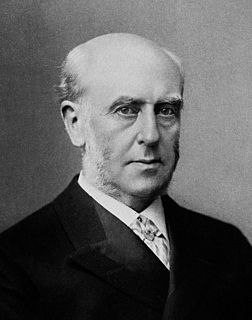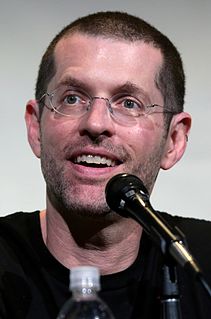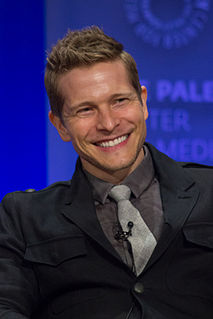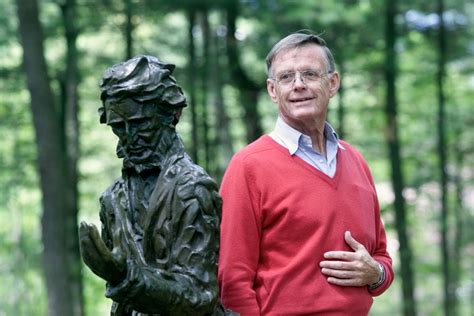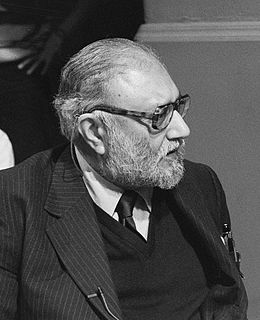Top 1200 History Of Science Quotes & Sayings
Explore popular History Of Science quotes.
Last updated on April 14, 2025.
The work of science has nothing whatever to do with consensus. Consensus is the business of politics. Science, on the contrary, requires only one investigator who happens to be right, which means that he or she has results that are verifiable by reference to the real world. In science consensus is irrelevant. What is relevant is reproducible results. The greatest scientists in history are great precisely because they broke with the consensus.
"The Universe repeats itself, with the possible exception of history." Of all earthly studies history is the only one that does not repeat itself. ... Astronomy repeats itself; botany repeats itself; trigonometry repeats itself; mechanics repeats itself; compound long division repeats itself. Every sum if worked out in the same way at any time will bring out the same answer. ... A great many moderns say that history is a science; if so it occupies a solitary and splendid elevation among the sciences; it is the only science the conclusions of which are always wrong.
The history of science, like the history of all human ideas, is a history of irresponsible dreams, of obstinacy, and of error. But science is one of the very few human activities-perhaps the only one-in which errors are systematically criticized and fairly often, in time, corrected. This is why we can say that, in science, we often learn from our mistakes, and why we can speak clearly and sensibly about making progress there. In most other fields of human endeavour there is change, but rarely progress ... And in most fields we do not even know how to evaluate change.
We know only a single science, the science of history. History can be contemplated from two sides, it can be divided into the history of nature and the history of mankind. However, the two sides are not to be divided off; as long as men exist the history of nature and the history of men are mutually conditioned.
'Confederate,' in all of our minds, will be an alternative-history show. It's a science-fiction show. One of the strengths of science fiction is that it can show us how this history is still with us in a way no strictly realistic drama ever could, whether it were a historical drama or a contemporary drama.
I define science fiction as the art of the possible. Fantasy is the art of the impossible. Science fiction, again, is the history of ideas, and they're always ideas that work themselves out and become real and happen in the world. And fantasy comes along and says, 'We're going to break all the laws of physics.' ... Most people don't realize it, but the series of films which have made more money than any other series of films in the history of the universe is the James Bond series. They're all science fiction, too - romantic, adventurous, frivolous, fantastic science fiction!
Oddly, since by now I've written quite a lot on early modern philosophers, I didn't care for the history of philosophy, which I thought dull and obscure, until I got a minor job writing articles for a children's encyclopedia in the history of science and began to make connections between science and philosophy.
I very much was inspired by Bill Bryson. He does cover science, but more often, it's a mixture of science and travel, and whatever he happens to be writing about - Shakespeare, Australia, the United Kingdom, or when he covers science in 'A Short History Of Nearly Everything' - he has an incredible ability to be both entertaining and enlightening.
[Dr. Constain James] refuted so well the aberrations of Darwinism.... [A system] which is repugnant at once to history, to the tradition of all people, to exact science, to observed facts, and even to reason itself, would seem to need no refutation. But the corruption of this age, the machinations of the perverse, the danger of the simple, demand that such fancies, altogether absurd though they are, should - since they borrow the mask of science - be refuted by true science.
I think I regard any history in quotes, because just like science, we're constantly revising science, we're constantly revising history. There's no question that various victors throughout history have flat out lied about certain events or written themselves into things, and then you come along and you find out that this disproves that.
It is for Muslim scholars to study the whole history of Islamic science completely and not only the chapters and periods which influenced Western science. It is also for Muslim scholars to present the tradition of Islamic science from the point of view of Islam itself and not from the point of view of the scientism, rationalism and positivism which have dominated the history of science in the West since the establishment of the discipline in the early part of the 20th century in Europe and America.
Turned the wrong way around, the relentless unforeseen was what we schoolchildren studied in "History", harmless history, where everything unexpected in its own time is chronicled on the page as inevitable. The terror of the unforeseen is what the science of history hides, turning a disaster into an epic.
History without the history of science, to alter slightly an apothegm of Lord Bacon, resembles a statue of Polyphemus without his eye-that very feature being left out which most marks the spirit and life of the person. My own thesis is complementary: science taught ... without a sense of history is robbed of those very qualities that make it worth teaching to the student of the humanities and the social sciences.
Science fiction is the most important literature in the history of the world, because it's the history of ideas, the history of our civilization birthing itself. ...Science fiction is central to everything we've ever done, and people who make fun of science fiction writers don't know what they're talking about.
The science of politics is the one science that is deposited by the streams of history, like the grains of gold in the sand of a river; and the knowledge of the past, the record of truths revealed by experience, is eminently practical, as an instrument of action and a power that goes to making the future.












